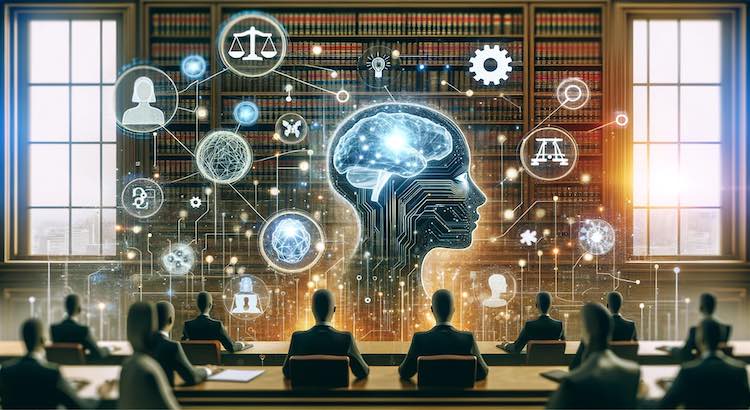The Future of Legal Transcription: How AI Is Transforming Legal Documentation
Accurate documentation is crucial in the legal field. Lawyers, paralegals, and court reporters all depend on high-quality transcriptions. Fast and reliable transcription services ensure that every spoken word gets captured in written form. New advances in Artificial Intelligence (AI) are now changing how legal transcription works.
The Evolution of Legal Transcription
Manual Transcription: Time-Consuming and Prone to Errors
In the past, legal professionals relied on human transcribers. These experts listened to audio recordings and typed out every word. This process often took many hours. Even skilled transcribers sometimes made mistakes, especially when audio was unclear or filled with legal language.
- Long turnaround times caused delays in legal proceedings.
- Human errors, such as misheard words, could lead to legal disputes.
Digital Tools Improved, but Did Not Solve All Problems
Digital transcription services brought some speed and efficiency improvements. However, these tools still needed human oversight. Legal teams had to review and correct drafts, especially for complex or technical language.
AI: A Game Changer for Legal Transcription
AI-driven solutions are now reshaping the field. With automated transcription, computers use advanced algorithms and machine learning to recognize speech and legal terminology.
- AI systems process large volumes of audio quickly and accurately.
- Machines continuously learn, improving with each use.
Key Benefits of AI in Legal Transcription
1. Speed and Efficiency
- AI can transcribe multiple hours of audio in minutes (Statista, 2023).
- Lawyers and court staff gain instant access to written records.
2. Improved Accuracy
- Modern AI recognizes legal terms and complex phrases.
- The technology adapts to different accents and speaking speeds.
- Accuracy rates for AI-based transcription keep rising each year (Gartner, 2022).
3. Cost-Effectiveness
- AI reduces the need for constant human intervention.
- Law firms save money, allowing them to deliver affordable services. See competitive transcription pricing.
4. Security and Confidentiality
- AI systems follow best practices for data encryption and privacy.
- Sensitive legal conversations remain protected from unauthorized access.
5. Around-the-Clock Availability
- AI tools work anytime, not limited by business hours.
- Clients can order transcriptions any time of day.
Challenges of AI in Legal Transcription
1. Data Privacy and Compliance
- Legal transcriptions include confidential and sensitive information.
- Firms must ensure that AI providers meet strict privacy requirements (ABA, 2021).
2. Accuracy Limits in Complex Scenarios
- Background noise or multiple speakers can confuse AI, especially in chaotic courtroom settings.
- AI may struggle with heavy legal jargon, regional dialects, or poor audio quality. Human editing is sometimes needed.
3. Need for Human Oversight
- Even the best AI cannot catch every nuance. Human transcription proofreading services ensure the highest quality.
4. Upfront Costs and Training
- There may be initial costs to implement secure AI tools.
- Staff may need training to use new systems efficiently.
The Future of AI in Legal Transcription
The coming years will bring further improvements in AI-powered legal transcription.
- Enhanced processing speeds will deliver transcripts almost instantly.
- Machine learning will advance, leading to even fewer errors.
- Integration with closed captioning and subtitling services will help courts and law firms serve wider audiences, including those with hearing loss.
- AI could help analyze legal documents for trends or predictions, not just transcriptions.
Complementary AI Solutions for Legal Professionals
Other language services, such as text translation and audio translation, make legal documents accessible across languages. Subscription-based AI transcription models offer flexibility and reduce ongoing costs for frequent users.
Conclusion: Trust GoTranscript for Your Legal Transcription Needs
AI has revolutionized legal transcription by delivering faster, more accurate, and more secure services. These advances reduce costs and make high-quality legal documentation available to everyone in the legal system. However, accuracy and privacy still require reliable providers and skilled human editors.
Choose GoTranscript for secure, efficient, and affordable legal transcription, automated transcription, captioning, subtitling, and proofreading. Explore our competitive transcription rates and captioning rates, and instantly order transcription or order captions online.
Let GoTranscript help you streamline your legal workflows and stay ahead in the AI-driven future of legal transcription.



















 Verified Order
Verified Order